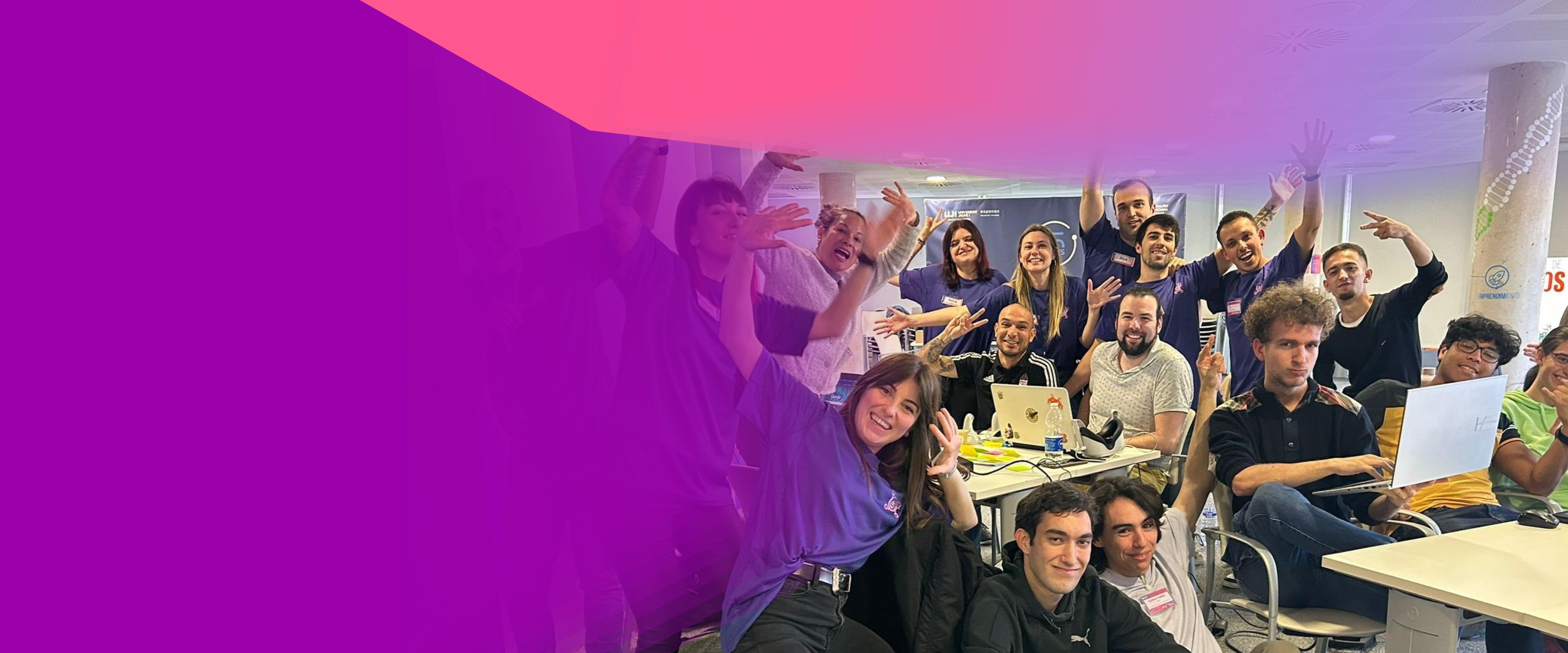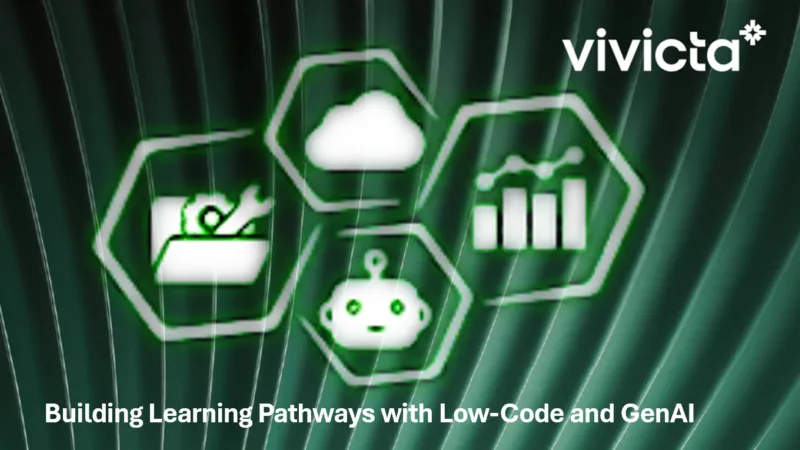EduHack: Building Learning Pathways with Low-Code and GenAI
Vivicta has found that organisations are increasingly turning to low-code and GenAI platforms to streamline HR processes and empower employees. This hackathon invites participants to build solutions that help match skills with tasks, create personalised learning journeys, and support workforce development. Your challenge is to prototype a tool or system that leverages low-code and GenAI to make HR decisions more data-driven and interoperable across platforms. Whether it's a skill-matching engine, a career path recommender, or a training dashboard, your solution should demonstrate how low-code solutions can support data-driven, more agile workforce management.
The onsite location for attending this blended hackathon in person is: Gustav III:s Boulevard 130, Solna, Stockholm (this require registration and contact before to get access)
Questions?
jonas.backelin@tietoevry.comPrizes
Winning teams receive mentorship to develop a Proof of Concept (PoC) and support in crafting a business case with the potential to apply for funding. No access to tools is provided, but expert guidance will help shape your solution for real-world impact.
Who can join?
Human resource professionals
12 - 13 NOV 2025
Register by 11 NOVLanguage(s) of the hackathon
English, Swedish
Blended
Stockholm - Sweden
Data-Driven Education
Challenge and goals
Prototype a low-code or GenAI-powered HR tool for learning and skill matching without coding expertise with the following functions:
•Recommending personalised learning pathways based on organisational demand.
•Matching existing employee profiles with evolving skill requirements.
•Supporting internal mobility and retention through transparent, stackable, and flexible credentials.
Expectations and requirements for the solutions and participants
Participants must use at least one low-code or GenAI platform. Solutions should demonstrate personalised learning pathways based and data-driven decision-making. Teams should consider real-world HR scenarios and include a working prototype or demo with a short pitch.
Available Support
We will meet for a first workshop on Tuesday 11 November - join us in our office or on Google Meet https://meet.google.com/yev-qqfu-daj for check-in (09:15-09:45). You can also add the workshop to Google Calendar https://calendar.app.google/7E5M1ekDdFNxB6916
Before the new extended deadline at 17:00 on 16th of november we will have a second workshop on Thursday 13 November - join us in our office or on Google Meet https://meet.google.com/qcw-jprc-zds for check-in (16:15-16:45). You can also add the workshop to Google Calendar https://calendar.app.google/XrjFzNXWaPt4ohTa9. The solution link is https://digieduhack.com/host/submit-solution?relatedChallenge=99265
Download Material
The attached IGO-Time Model by Sue Bennett (2014) is a useful framework on the area of Virtual Human Resource Development (VHRD).
Schedule
Here are the activities linked to thus hack-a-ton
-
11th of November 09:15-09:45
Check-in: First Hybrid Workshop (WS1)
Join us in our office or on Google Meet https://meet.google.com/yev-qq...
(Please let us know if you will attend physical to arrange access)
-
13th of November 16:15-16:45
Check-in: Second Hybrid Workshop (WS2)
Join us in our office or on Google Meet https://meet.google.com/qcw-jp...
(Please let us know if you will attend physical to arrange access)
-
16th of November 17:00
Extended Solution deadline
Each team will om the 12/11 get a link to upload the solution. https://digieduhack.com/host/submit-solution?relatedChallenge=99265 Minimum requirements are: -Name of the solution -Description of the solution -Team name From the list of registered “Team members” you marke you own name and if you have collaborated with other registered participants use "ctrl" or "cmd" key for multiple selection and select from the dropdown list your team-mates.



